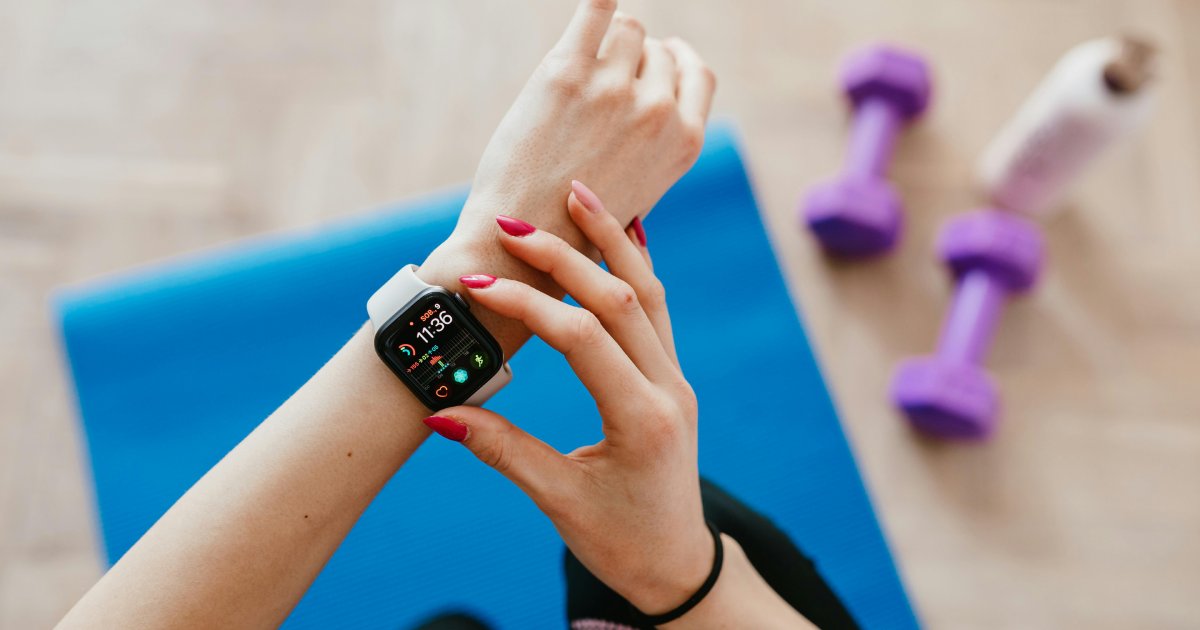Wellness Companies Seek Remedy for Brand Awareness

By Mark Seavy
Among growing home and wellness and companies, a common refrain is the need for brand building.
How that is accomplished can vary. But among the companies at Pepcom’s recent Home Now! and Wellness Now! product showcases in New York, the strategies ranged from social media content programs, partnerships with influencers and brand ambassadors, expanding distribution, and launching licensing efforts.
For mattress company Tempur-Sealy International, a product of well-known companies that merged in 2012, the strategy has been targeting bedding specialty retailers for the Tempur-Pedic brand mattresses while also operating 99 of its own stores. And that is mixed with a licensing program for the Sealy brand, which is aimed at department store distribution for pillows (licensee American Textile Co.) and pet beds (Standard Fiber). Additionally, the company focuses on high-profile TV advertising, including for the Stearns & Foster label during Memorial Day weekend, VP of Marketing Jill Johnson said.
“Awareness is awareness for many companies no matter how they can get it,” Johnson said. “Sealy is a household name and maintaining that across generations is important. If [you] look at the Sealy brand pillows, they are in outlets that our mattresses are not, such as department stores.”
Online mattress maker Big Fig, meanwhile, is not deploying licensing due to profit margin concerns and instead relying more heavily on influencers, Marketing Director Lindsy Argenti said. The company develops products for plus-size consumers, with mattresses that can support up to 1,100 pounds or 550 pounds per person. Big Fig has an eight-member collective advisory group that provides consumer feedback and product guidance, including a new mattress topper ($399) that will ship in July, Argenti said.
For home automation company Ecobee, which develops smart thermostats, light switches and security cameras, growing brand awareness may mean focusing on the brand of parent company Generac, which acquired Ecobee in 2021. It has developed some of its smart thermostats to monitor generators that are hardwired into homes and conduct monthly tests. Ecobee also added Tank Utility’s software for monitoring propane tanks to its thermostats after Tank also was acquired by Generac in 2021.
Smart scale and watch supplier Withings, in contrast, was forced to rebrand after its co-founder Eric Carreel bought the company back from Nokia in 2018. (Nokia purchased the company two years earlier and changed the product to its own brand.) Withings has since gained distribution through Best Buy and Target and is launching a BeamO-branded thermometer in mid-September that also serves as a stethoscope, measures blood oxygen levels, and conducts an electrocardiogram for measuring a heart’s electrical activity. To gain brand recognition, Withings has made its app compatible with Apple’s HealthKit and Under Armour’s MyFitnessPal.
Similarly, ResMed—which supplies CPAP machines for combatting sleep apnea—will have its app built into Samsung’s Galaxy Watch that is due this fall. The partnership will allow consumers 22 years and older to monitor for signs of moderate to severe obstructive sleep apnea.
“Not as many people may be familiar with the ResMed brand but if you can pair with smart products, that can raise brand awareness, which is key to selling these products and standing out in crowded markets,” said Carlos Nunez, Chief Medical Officer at ResMed.




